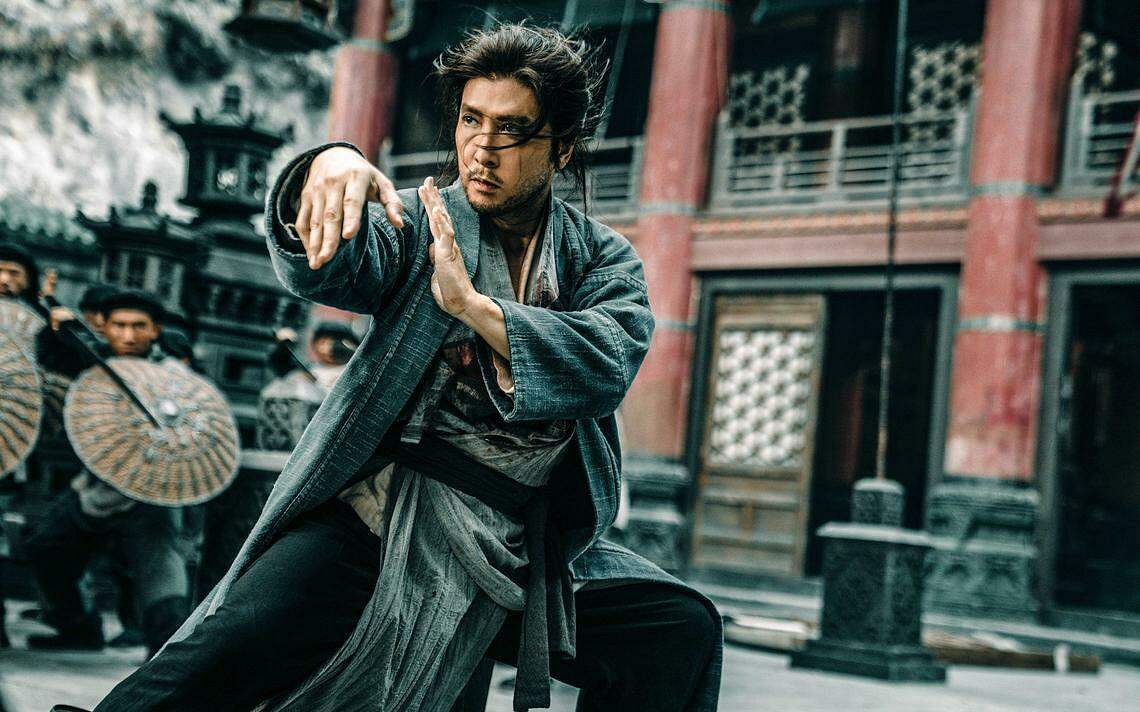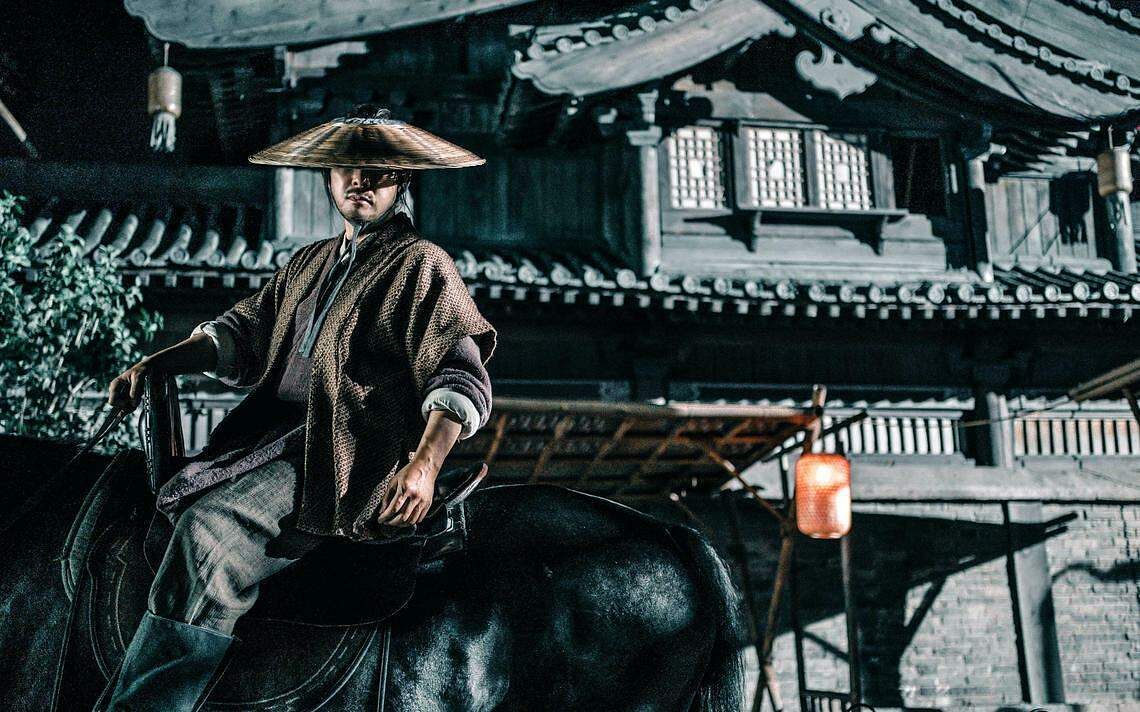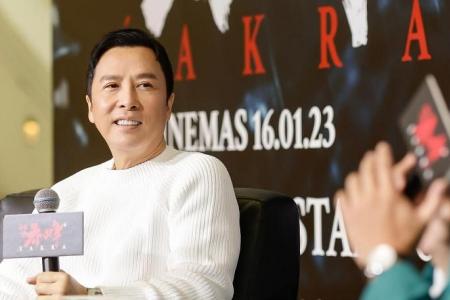In feudal China, Donnie Yen’s hero fights to save himself from getting cancelled
Cancel culture can come for anyone, even fantasy sword fighters.
Hong Kong actor and film-maker Donnie Yen realised this when he was looking for a way to adapt wuxia stories in a way that modern audiences could find relatable.
In the sprawling story Demi-Gods And Semi-Devils by late Chinese writer Jin Yong (Louis Cha), first serialised in newspapers in the mid-1960s, he found his angle: One of its main characters, Qiao Feng, the head of the Beggar’s Gang martial arts group, was the target of a smear campaign that to Yen, 59, felt modern and familiar.
“Today, social media puts people under a lot of peer pressure – ‘he said this about you, then another person said this about you’,” said Yen.
He was speaking at a press conference at Marina Bay Sands’ Sands Theatre on Thursday to promote his new film Sakra, an adaptation of Demi-Gods And Semi-Devils which opens in cinemas on Monday.
Yen stars in the movie, which also marks his first attempt at directing since the 2004 action comedy Black Rose Academy.
“Cancel culture has been around long before this current time. It’s just human nature, right? You will have gossip, that’s the way it is,” said the star of the four-movie Ip Man martial arts franchise (2008 to 2019) and who has appeared in Hollywood films such as Mulan (2020) and the Star Wars film Rogue One (2016).
In Sakra, Qiao Feng (Yen) becomes a pariah after he is accused of being a Khitan, a people with whom the Han Chinese of the Song empire had been at war for generations.
After being falsely accused of murder, Qiao Feng has to not only find the real perpetrators, but also return to the places of his youth to find the truth about his ancestry.

Yen is known for including social themes in his movies. His Ip Man films, for example, touch on anti-Asian racism in the West.
At the conference, he spoke about how Hollywood has been influenced by Asian cinema.
“Hollywood films have not only been influenced by our films, some of them are shot-by-shot copies,” he said.
While he did not give specifics, others have pointed out that film-makers such as Christopher Nolan (science-fiction film Inception, 2010) and Darren Aronofsky (the drama Black Swan, 2010) are influenced by Japanese anime. Also, films such as the Matrix series (1999 to 2021) and the John Wick franchise (2014 to 2019) borrow heavily from Hong Kong martial arts classics.

Yen is set to appear in John Wick: Chapter Four, which opens on March 23.
“Everyone loves Hollywood movies. My kids and I watch Marvel and Disney movies. But do we sit back and look at our own culture and what we have to offer? Our own literature, our own material, is so rich with possibilities. As someone with a little bit of influence in this industry, I would like to continue to use that material as a way to raise the level of recognition in the world,” he said.
Tales of fantasy as deep and rich as the ones found in Marvel comics are present in Chinese literature, such as the stories of Yong and other wuxia writers, he said.
With the right investment, the potential of these stories could be unlocked for a global audience, he said.
“We have so much content that we can explore. We just have to find a way to package it. What I’ve learnt working in Hollywood is that the way they make films is not different from how we do it here. The difference is money. How do we obtain it? That is the jackpot. We have to figure it out.”
- Sakra opens in cinemas on Monday.
Get The New Paper on your phone with the free TNP app. Download from the Apple App Store or Google Play Store now


